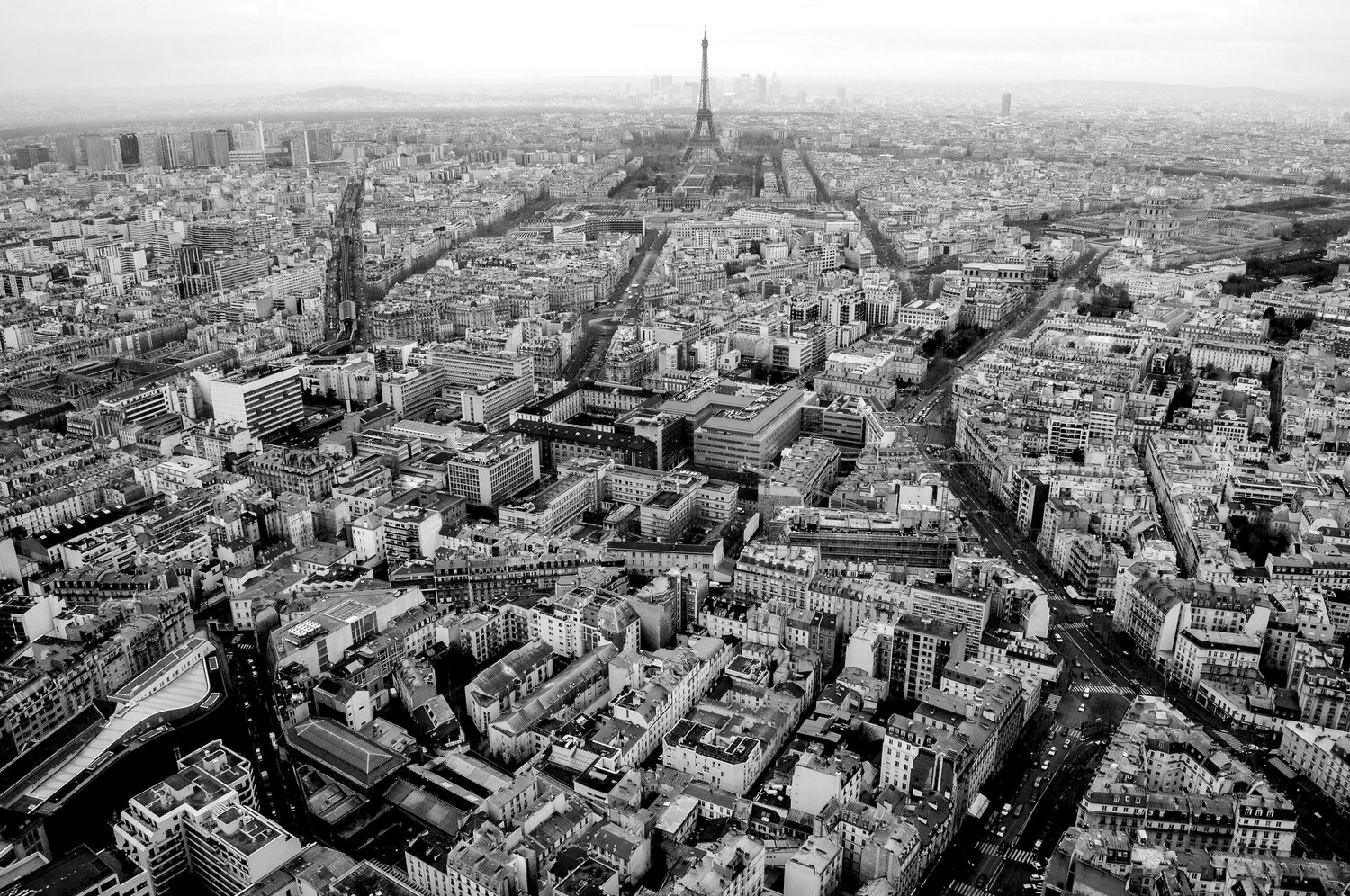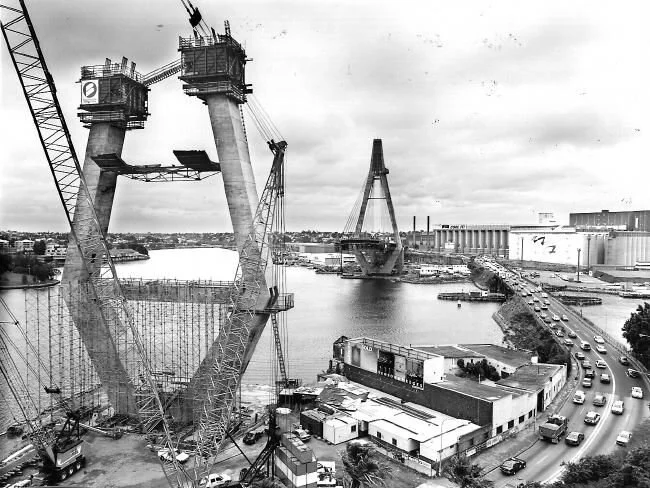Having just returned from my third trip to Copenhagen, I'm super impressed with the city. Not only is there an abundance of beautiful people, great coffee and delicious rye bread, but the city really does seem to be paving the way in urban sustainability.
On the flight home I read an interesting in an Easyjet magazine As Green as it Gets which questions some of Denmark's environmental advancements. In summary, author Michael Booth explains that while the city is incredibly green on paper, this is only 'negligible' due to a relatively small population size and the country's utilisation of huge amounts of coal. Booth also points out that while the intention is there to become sustainable, there are ongoing negative impacts and serious shortfalls, including 'greenwashing' and high energy costs.
While the article makes some interesting factual points, it fails to see the bigger picture. Yes, there are shortfalls in Copenhagen's (and Denmark's) progression to urban sustainability and a green economy, and yes there are ingoing negative implications of achieving positive environmental results. But none of this is 'negligible'.
When looking at Copenhagen's policy and planning decisions while taking into account the idea of path dependence, it is possible to appreciate a much broader and more positive picture.
Every positive action that the city of Copenhagen takes today has implications both nationally and internationally. While some reductions in C02 may seem negligible compared with ongoing coal use, these small advancements are all part of a much wider picture.
Every small improvement is setting a higher standard for the entire world. It's leading us on a more sustainable trajectory. Just as companies copy good ideas, cities copy cities. Look at the Copenhagen's ability to plan for bicycles for example - all of a sudden, the world wants to 'Copenhagenize'.
So, while Booth makes some interesting points, it's important to remember that often it's easier to criticise a set of processes than to see the bigger picture in a historical context.
Copenhagen's advancements in environmental technologies, architecture and planning are incredibly impressive. Of course there are shortfalls, but the evolution along current trajectories will only make the city more liveable and sustainable in the long-term. And it's through the evolution of these more sustainable trajectories that we're likely to find alternative solutions to some of the world's greatest problems, including the utilisation of coal energy.
Rather than nitpicking, perhaps cities across the world should be watching Copenhagen much more closely.
Photos by Tom Oliver Payne












